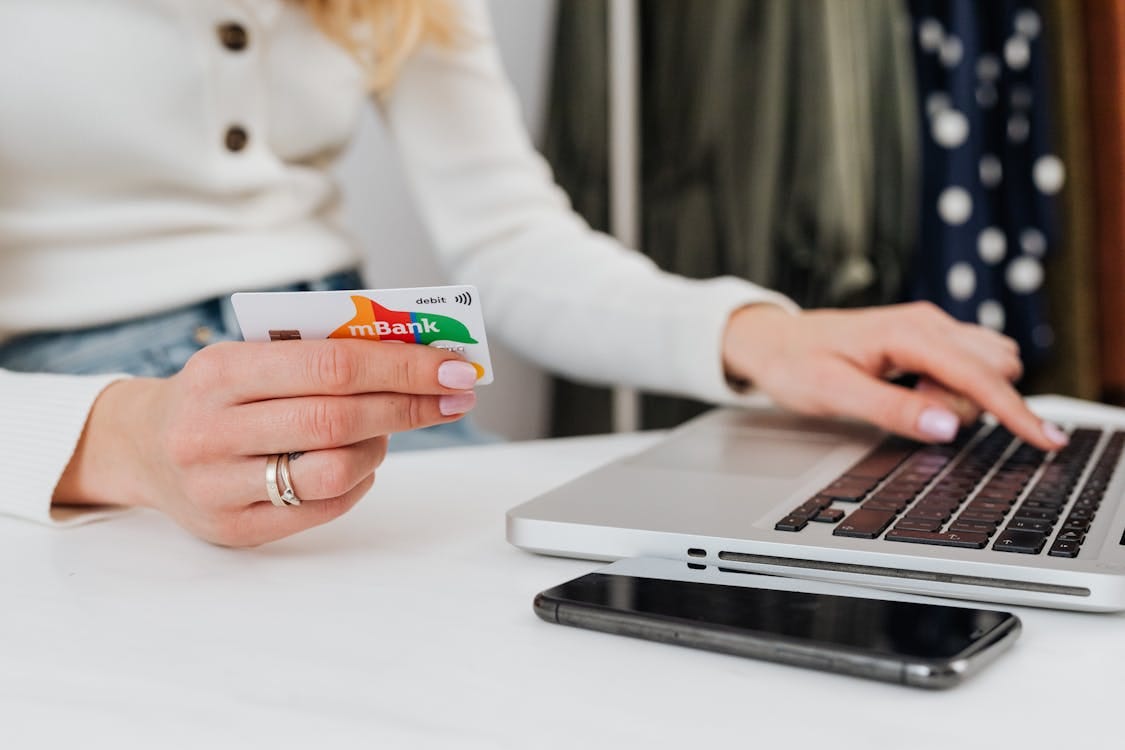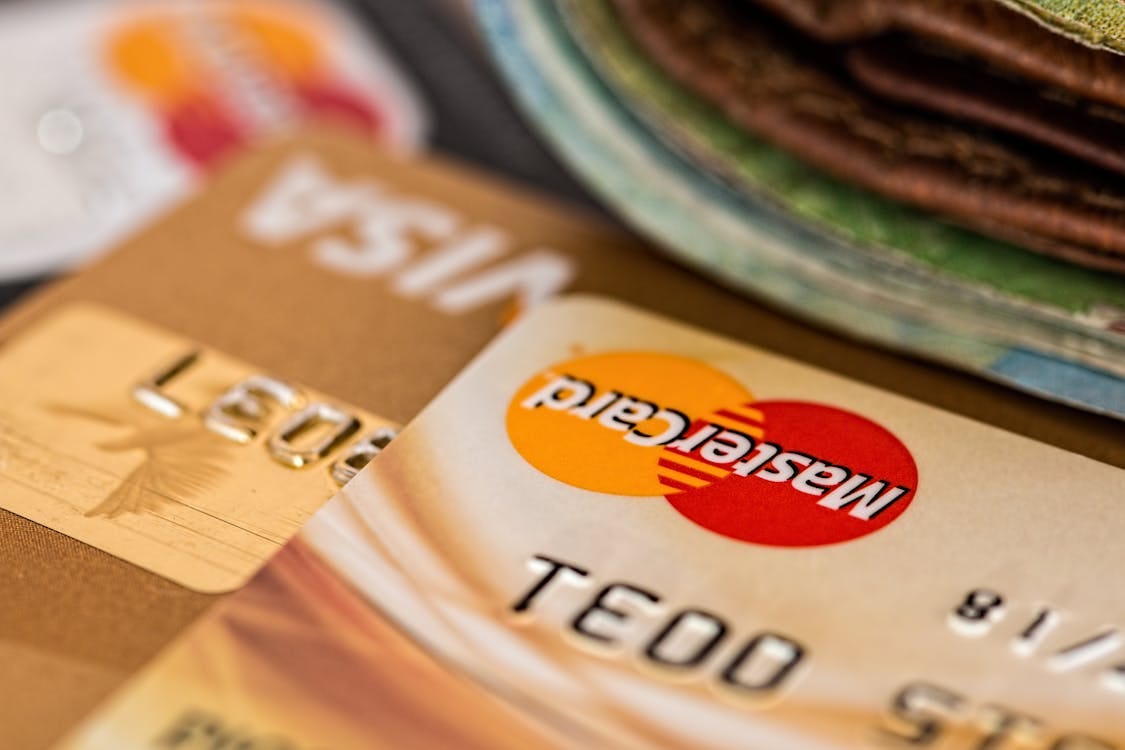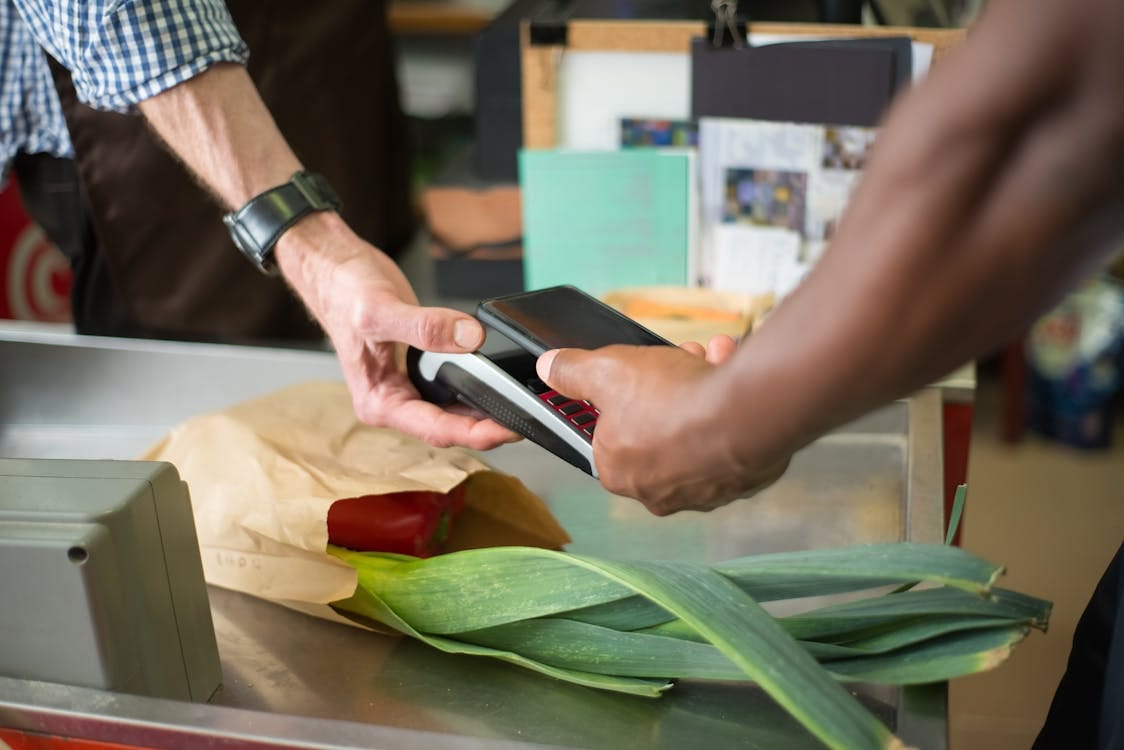Credit Card Points, Travel Hacks, & the Dark Side of Rewards Programs
Think credit card rewards are a free ride? This guide shows you how to use them wisely, avoid debt traps, and make the most of points—without getting played.
Credit Card Points, Travel Hacks, and the Dark Side of Rewards Programs
Get the perks—without getting played.
Credit card rewards can cover real-life things like flights, hotels, gift cards, and cash. But if you're not careful, these perks can come with hidden costs.
Here’s how to use rewards wisely—without ending up in debt.
Best,
Kayla | Your Fintech Insider
P.S. Visit our website’s new blog.
The Psychology Behind Points: Why Credit Cards Offer Rewards
Credit card companies don’t hand out points just to be nice. They’re hoping you’ll spend more—and maybe not pay your balance in full.
The average household in the U.S. has about $6,360 in credit card debt, according to the Federal Reserve.
And most rewards cards charge over 20% interest if you don’t pay off your balance every month. That means if you leave a balance on your card, the interest could cancel out any rewards you earned.
These programs are meant to make you feel like you're getting something back—when in reality, the bank is often the one coming out ahead. Rewards aren’t free; they’re built into a system that profits when people overspend or pay late.
The Perks: When Credit Card Rewards Actually Work
When used carefully, rewards can absolutely save you money—especially if you're spending on everyday items like groceries, gas, or bills you already planned for.
You can redeem credit card points for things like:
Airline tickets using travel portals or by transferring points to airline partners (e.g., Chase to JetBlue or United)
Hotel stays at places like Marriott, Hyatt, or Hilton
Gift cards to places like Amazon, Target, or restaurants
Cash or statement credits to pay off part of your card bill
For example, the Chase Sapphire Preferred offers a sign-up bonus worth $750 in travel if used through Chase's travel portal.
The Amex Gold gives extra points for groceries and restaurants, which can be turned into flights through partners like Delta or Air Canada.
But not all redemptions are created equal. Using your points for electronics or random merchandise usually gives you less value—sometimes only 0.5–0.6 cents per point. Travel and cash back tend to give you closer to 1 cent per point or more, which is a much better deal.
⚠️ The Trap: How Rewards Can Lead to Debt
Keep reading with a 7-day free trial
Subscribe to Your Fintech Insider Lens to keep reading this post and get 7 days of free access to the full post archives.






